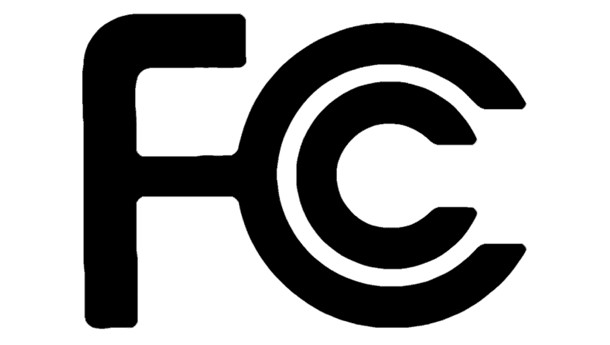FCC Reinstates Net Neutrality, Protecting ‘Open Internet’

The FCC ruled today to reinstate the concept of “net neutrality.” The commission says that its new rules are rooted in legal authority and serve promote freedom of speech and expression.
The new ruling labels the internet as a public utility under Title II, eliminating the ability for providers to throttle back service or create a “fast lane” for paid, faster access. Mobile broadband will also fall under the new strictures.
The guidelines create three “bright line rules” for the internet. Broadband providers may not block access to legal material, including applications and services. ISPs may also not throttle back lawful internet traffic. Finally, paid prioritization, which made the news in 2014, is abolished.
The FCC’s new rules address the ever-changing nature of the internet by creating a tenet to guide practice. In short, “the ISPs cannot unreasonably interfere with or unreasonably disadvantage the ability of consumers to select, access, and use the lawful content, applications, services, or devices of their choosing.”
The move doesn’t include all elements of Title II. The FCC may investigate consumer complaints and enforce rules. However, unlike some utilities, there will be no regulation of rates. Your ISP can still set its own prices.
Telecommunications providers have already started speaking out against the move. Verizon suggests that the FCC’s ruling is a “throwback” to rules created in the 1930s. It shared this message to voice its complaint (the translated message can be read here).

“The FCC today chose to change the way the commercial Internet has operated since its creation,” Verizon senior vice president Michael Glover writes. “Changing a platform that has been so successful should be done, if at all, only after careful policy analysis, full transparency, and by the legislature, which is constitutionally charged with determining policy. As a result, it is likely that history will judge today’s actions as misguided.”
Our Take
While this move sets up a scenario in which consumers should have open access, there are likely to be some unforeseen consequences. Free speech has won out today, but financial implications are sure to follow.
ISPs will likely pass along the additional fees that would otherwise have been covered by high traffic users like Netflix to customers. Had the FCC gone the other way? We’d likely just be paying those directly to companies paying to access the fast lane.
I suspect that Verizon and other telecommunications companies are overstating the damage that the FCC ruling will bring. However, users should be ready for changes that come along with fingers pointing at today’s decision.









